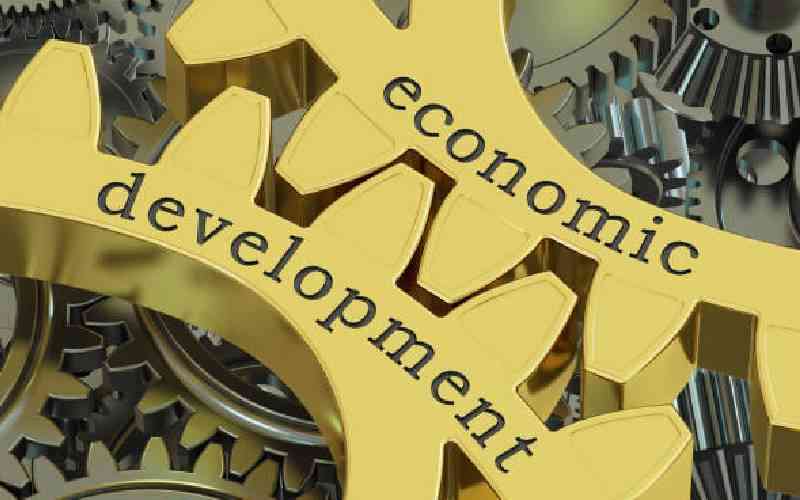
The widely used term "South-South cooperation" (also abbreviated as "SSC") is sometimes misunderstood, as some advanced countries, such as Australia and New Zealand, are also located in the southern hemisphere, but do not fall into the category covered by SSC. Simply stated, SSC is about developing countries working together to find solutions to common socioeconomic and environmental challenges.
When the notion of SSC was conceived in 1978 in Buenos Aires, it was first known as "technical cooperation among developing countries" or "TCDC". TCDC was expanded in 2000 to include much more than merely technical cooperation, hence the birth of the term "South-South cooperation".